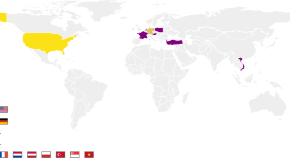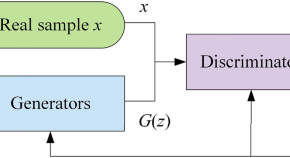Training environmental sound classification models for real-world deployment in edge devices
Authors (first, second and last of 4)

Collection
Sherin Moussa, Professor, Université Française d’Égypte, Egypt. Her research involves IoT, big data analytics, software engineering, and privacy preservation. She is a consultant to many organizations, with industrial experience through national/regional projects. She is the Founder of Next Scholar Generation research group, co-organizing workshops & conferences.
Carlos Filipe Portela, Researcher, University of Minho, Portugal. Filipe Portela has published numerous academic papers and articles on data science, gamification, pervasive systems and smart cities. He holds a patent in Data Science and is the Principal Investigator and manager of several R&D&I projects. He is also an editor and author of technical books and articles, on IOTech - Innovation on Technology.
João Balsa, Assistant Professor, University of Lisbon, Portugal. His research has been in the area of artificial intelligence in two main strands: in the area of multi-agent systems, namely of agent-based simulation models, with applications to diverse domains, like the definition of public policies aiming an improvement of social welfare; also, in the definition of models underlying the development of intelligent conversational agents for healthcare.
Pedro Campos, Assistant Professor, University of Porto, Portugal. His areas of interest are Data Science, Machine Learning, Market Research, Social Network Analysis and Computational Economics with applications to Demography, Enterprise Networks, Marketing and Population Dynamics.





